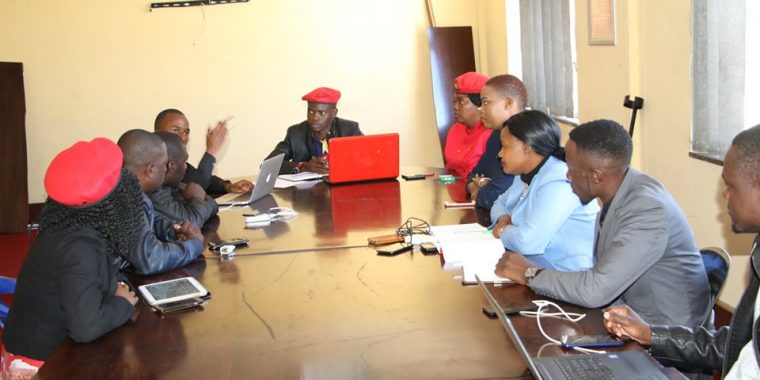I’m all about working smarter, not harder, and if there’s one thing that’s accomplished with artificial intelligence generally, and machine learning program in particular, it’s that they produce smart output or results. Think about it — thanks to technology assisted review platforms, we can parse millions of documents and save tons of time and money in document review rather than have lawyers billing by the hour put eyes on every document.
There are many other applications for machine learning technologies. They are used in email and spam filtering, to identify malware and phishing expeditions, to categorize enterprise-wide content, and even to diagnose serious illness. The possibilities are endless, frankly.
So, when I saw enterprising companies taking a look at potentially predicting the outcomes of court proceedings, I kind of perked up and paid attention.
Suppose you could collect and analyze the data for U.S. judges’ court rulings — most of which are all public — and then use that data to successfully predict how the courts or an individual might rule on a given issue. Insight like this, even if it only revealed general tendencies, could impact the actions of litigants and their attorneys.
Well, of course this technology already exists in the U.S. and elsewhere and people in the legal business have been using this data to assess the outcome of legal proceedings.
But France has apparently made this illegal.
The French Code of Administrative Justice, recently amended by the Article 33 of the Justice Reform Act, prohibits the use of a judge’s name “for the purpose or effect of evaluating, analyzing, comparing or predicting their actual or alleged professional practices.” A violation of this law is punishable by up to five years in prison and possibly other sanctions.
What?!
Court decisions in France are available to the public free of charge and in electronic format. They typically remove the parties’ names from the decisions, but why would French lawmakers prohibit the analysis of judges’ decisions? Is this not public information?
Your guess is as good as mine, but it seems odd to say the least. Putting aside potential privacy issues which presumably apply to the private parties under the GDPR, it seems to me that judges, for all of their independence and fair-mindedness, are part of the government. And if your goal is to be more transparent and grant citizens greater access to government and court information, you don’t prohibit the analysis of that information.
The real irony here is that this all comes amidst the French president’s push for greater use of AI. Last year, President Macron gave several speeches and interviews in which he proclaimed France would lead the charge on the use of artificial intelligence, and he even pledged nearly $2 billion to do it.
Legal technology companies working on products that perform these functions should be careful not to run afoul of the new French law. Then again, if you’re not in France and subject to French court jurisdiction, it’s not at all clear that France could do anything about it anyway.

Mike Quartararo
Mike Quartararo is the managing director of eDPM Advisory Services, a consulting firm providing e-discovery, project management and legal technology advisory and training services to the legal industry. He is also the author of the 2016 book Project Management in Electronic Discovery. Mike has many years of experience delivering e-discovery, project management, and legal technology solutions to law firms and Fortune 500 corporations across the globe and is widely considered an expert on project management, e-discovery and legal matter management. You can reach him via email at mquartararo@edpmadvisory.com. Follow him on Twitter @edpmadvisory.




















